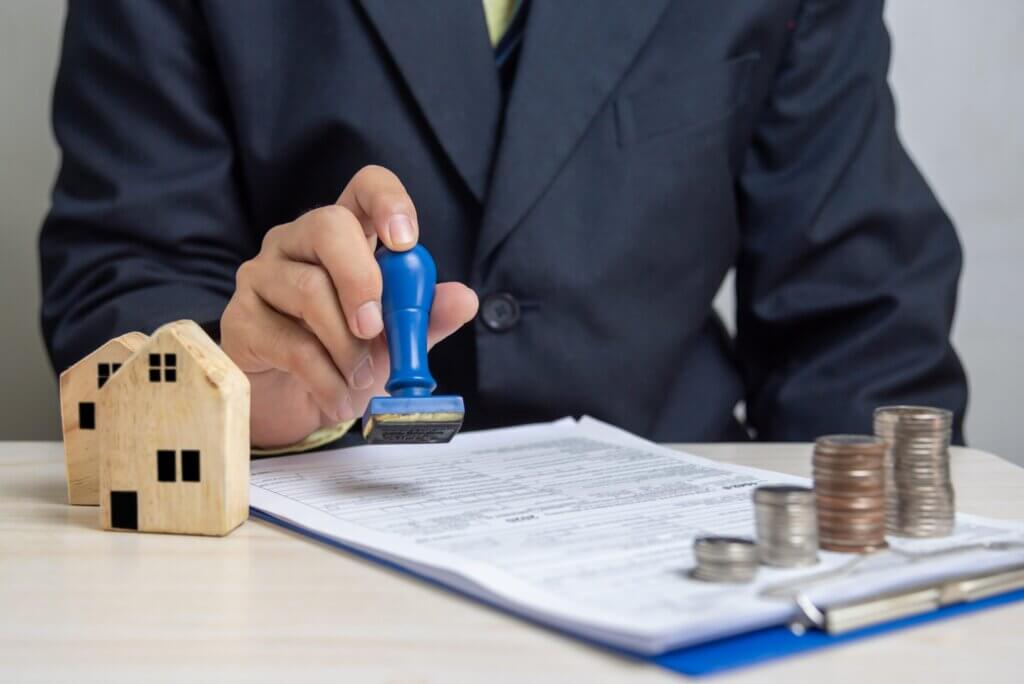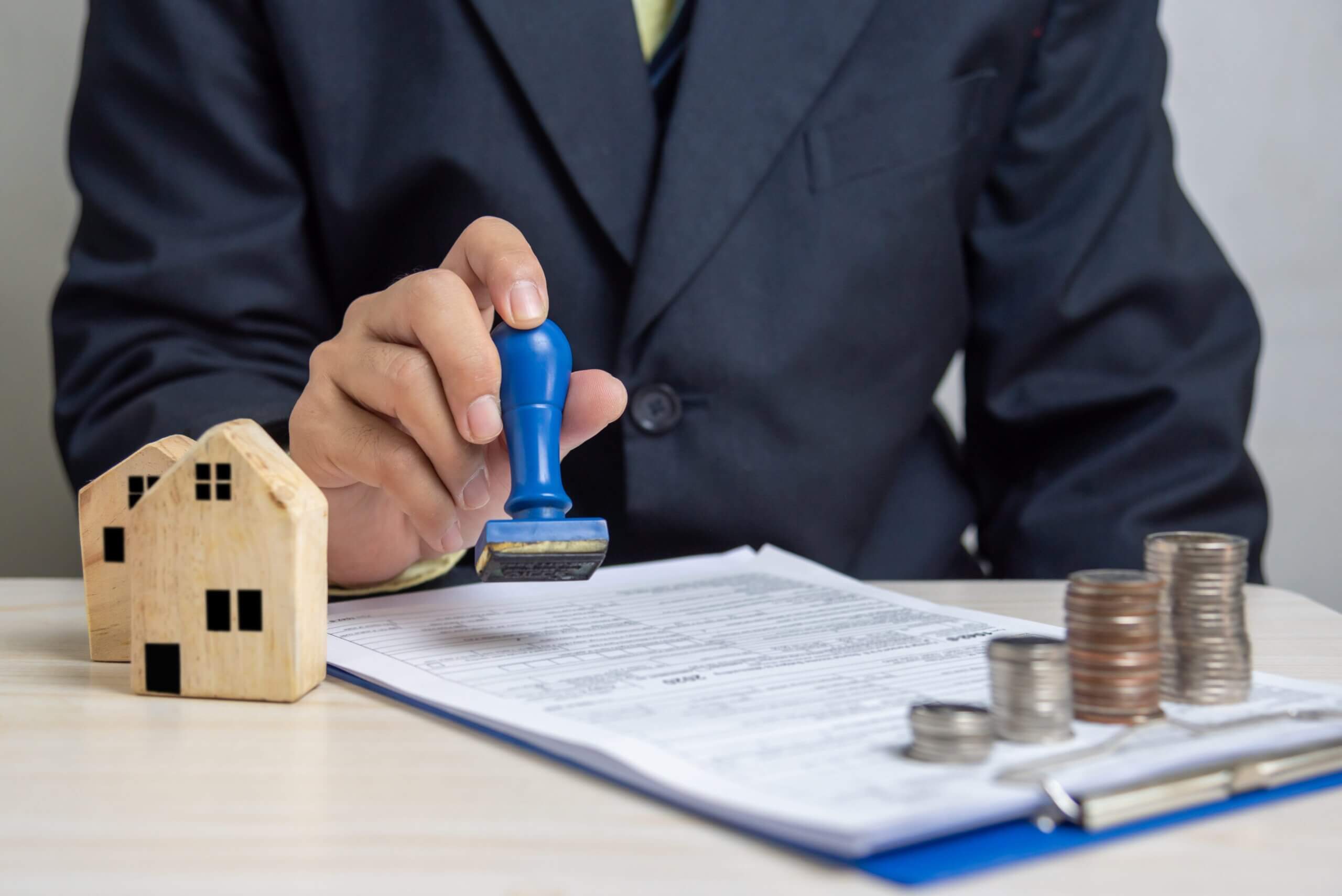
Homeownership is a dream for many Americans. It is a milestone that people celebrate in their lives. For some, it’s their most important (and valuable) possession. Real estate loans are used to help people achieve homeownership. In fact, 42% of households in America have mortgages. So, it is understandable when people worry about holding onto their property during financial hardships.
One common expense of homeownership are the fees paid to a Homeowner’s Association, or HOA. HOAs are typically responsible for handling maintenance on the common areas of a residential development, such as landscaping and snow removal, but may also take part in major construction projects for a community, such as new roofs or additional parking. HOAs charge all residents a monthly fee and have the ability to file a lien on a resident’s property if they fail to pay their fees.
In some cases, homeowners have unmanageable debt that is, in part, due to accumulated HOA fees. Along with the debt, they could find themselves facing uncertainty about keeping their residence, as an HOA lien can lead to foreclosure. In this situation such a person might need to consider filing for bankruptcy as a way to manage their debt burden.
Although the bankruptcy process can be complex, if you want to keep your home, there are some questions you should ask yourself:
- What type of bankruptcy will I be filing?
- Am I up-to-date on my mortgage or HOA payments?
- Do I have equity in my home?
This article will cover what happens to a property and HOA fees in each type of bankruptcy proceeding.
What Is Bankruptcy?
The short answer is bankruptcy is a system created by the government to aid people with otherwise unmanageable debt. There are different bankruptcy chapters, and each chapter has its own way of helping people get out of debt. The most common chapters used by individuals are Chapter 7 and Chapter 13 – which relate to the chapters of the Federal Bankruptcy Code.
In each chapter, a trustee is appointed to the debtor. The trustee’s duties are to collect payments, monitor the case, and ensure that the person meets their obligations to their creditors.
Chapter 13 is a reorganization plan for the person’s debts. The trustee will help people devise a plan to repay all or some of their debt. The plan will usually last three to five years. For some, this is the most attractive bankruptcy chapter because it gives people more freedom to keep their possessions.
Chapter 7 is a “liquidation” bankruptcy, and it is designed to wipe out the debts of people who cannot pay back their creditors. Although debt will be wiped out, a person’s property will be liquidated to pay back creditors. This can include the person’s homes and cars.
In essence, bankruptcy will help you get a hold of your debts, including your home loans and HOA fees. Bankruptcy allows you to manage and pay your financial obligations. If keeping your home is important to you, the best way to do that is to pay back debts associated with your home in one form or another.
However, it’s important to be aware that you will still be responsible for some or all of the costs associated with owning and maintaining a home. Each person’s situation is unique, and it’s best to consult with an experienced bankruptcy attorney before deciding whether to file for bankruptcy and under which chapter one should file.
How Do Bankruptcies Handle Home Mortgage Debt?
Immediately upon filing bankruptcy, an “automatic stay” is enforced on the debtor’s behalf. This will give a person relief and give them time to figure out their next steps. The “automatic stay” will stop creditors from beginning to take action or continuing to take action on people’s property.
If your home is in foreclosure or close to it, creditors would have to halt the process as you figure out how to handle your debt.
Another tool that can be applied to chapters 7 and 13 is the homestead exemption. This exemption protects homeowners from losing all the equity in their homes during bankruptcy. It can also be applied to other belongings, such as vehicles.
The homestead exemptions are federal and state-wide, although not all states have a homestead exemption. It would be wise to talk with an attorney about these options. In some situations, the state’s homestead exemption could be better than the federal one. You can use the federal homestead exemption if your state does not have the exemption.
The federal homestead exemption allows residents to protect $27,900 in equity. To use the exemption, the person must live in the home for 40 months. New Jersey does not have a state homestead exemption, but as stated before, the federal one is available for the debtor. However, New York has a state homestead exemption, and the amount of equity they give homeowners is higher than the federal.
The amount for New York residents can range between $75,000 – $150,000. That amount will be determined by what county the resident lives in, and if they are single or married. For married couples, the amount would double. In this case, it would be better to go with the state’s homestead exemption. An attorney will be knowledgeable of federal and state exemptions, and direct individuals towards the right choice for their situation.
Many debts are wiped out in chapter 7, such as credit cards, personal loans, medical debts, and even mortgage loans. Yes, mortgage loans can be discharged, but the person needs to pay their mortgage. The reason why people must continue to pay is because of the lien.
When you get a mortgage to pay for the home, mortgage companies take out a lien. A lien gives the lender a right or interest in the property until the loan is paid. So, even though bankruptcy will discharge the mortgage, the lender still has the right to repossess the home through the lien they possess.
So, you may wonder what steps you can take to keep your house in chapter 7.
- Make sure your mortgage payments are updated.
- Know how much equity is protected in the home (utilizes the homestead exemptions).
- Be able to show the court you can pay your mortgage.
Understandably, these steps can seem daunting. But remember that this chapter wipes out a substantial debt, which could give you more income to pay the mortgage.
The people who filed chapter 13 can keep their property because the purpose of this chapter is to repay the debt. Therefore, the trustee and courts will devise an achievable payment plan based on the debtor’s disposable income. The main key to maintaining your home is to be diligent with the payment plan given. For example, you could pay mortgage arrears and get current on the mortgage.
Filing for bankruptcy can be a great tool for helping homeowners with their debt. However, it is best to consult with a lawyer to understand all the laws and options allocated to you during bankruptcy.
How Do Bankruptcies Deal with HOA Fees?
A Homeowners Association commonly referred to as HOA, has a lot of authority in communities. The HOA’s function is to maintain neighborhoods and enforce the rules of the particular community. Homeowners will pay dues or fees, which can go to landscaping, security, pools, clubhouses, and more. If people don’t comply with the community’s rules, the HOA can fine them and in some cases when the fees continue to go unpaid, the HOA is authorized to place a lien on the property.
Paying these dues, fees, and even late fines is a must for residents because failure to pay could cause the home to be foreclosed. When fees aren’t paid, the HOA can put a lien on the property, which they can act on for nonpayment. This can happen even with people who are up-to-date on their mortgages.
Chapter 7 can discharge HOA fees up until the date the person has filed. However, the debtor is obligated to pay any fees after the bankruptcy filing. If during the bankruptcy process the person determines the home isn’t worth keeping, they would still be responsible for the HOA fees until the title is passed on to another homeowner or bank. For people in chapter 13 bankruptcy, the HOA fees will be included in the repayment plan. Over the years, the total HOA fee amount must be paid. We encourage you to speak with an attorney about how your particular state deals with HOA fees during these proceedings.
Where to Find Legal Help
Dealing with HOA fees and homeowner mortgages in bankruptcy can be daunting. Each of these issues is handled differently in the bankruptcy process. When filing, seek the assistance of attorneys who know the ins and outs of bankruptcy. Attorneys at Rosenblum Law have years of experience in this practice area, in both New Jersey and New York. We look forward to helping you free yourself from the burden of debt. Call us for a free, initial consultation today to get the process underway.


